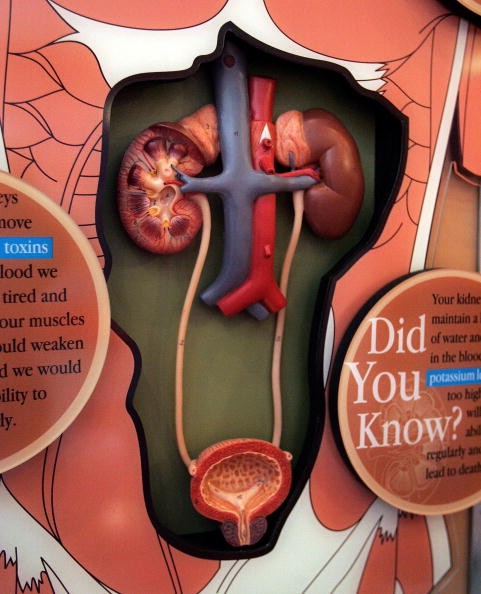
Early detection of a potential kidney disease is one of the best ways to reroute the probable fate of suspected patients. If proven by tests, people may immediately acquire intervention and preventive treatments in order to stop its progression. Good news that a new research, the first of its kind, has found a specific blood protein that can be used to unlock potential risks of people in acquiring kidney failure.
Specifically, the novel protein called cardiac troponin T (cTnT) can detect heart damage if levels are found high in blood. It may also indicate whether a patient will soon suffer kidney problems, as cardiovascular diseases are highly linked to such risk. Since heart disease causes irregular blood flow, only a small portion of blood at a time gets through the kidneys. This, in effect, damages the organ, leading to acute kidney failure or in worst cases, chronic kidney disease.
As stated in the press release, nearly 600,000 people have been affected by end-stage kidney failure and about $50 billion is spent each year just for medical management. The reported cases have a greater chance to increase in the next years as more than 40 percent of the population is projected to suffer cardiovascular disease by year 2030.
In the study, a total of 3050 participants - comprising whites from Rochester, Minnesota and African Americans from Jackson, Mississippi - were followed from baseline examination between June 1996 and August 2000. The method used was designed in such a way that relationship among genetics, race and hypertension can be identified. More than 70 percent of subject patients were diagnosed with hypertension and the rest were from hypertensive families. Follow-up investigation in January 2010 was also conducted to record cases of death and end-stage kidney failure.
With their data, it shows that after 10 years, there was a higher incidence of death in people with increased levels of cTnT (about 47 percent) as opposed to 7.3 percent observed in patients with normal cTnT. Cumulative incidence of end-stage kidney failure was also found higher in people with abnormal cTnT (27 percent) than in those with normal cTnT levels (1.3 percent).
"These findings are reassuring and supportive of future investigations into cTnT as an important biomarker for predicting death and kidney failure," says LaTonya Hickson, M.D., lead author of the research, as quoted in Medical Xpress.
She said that while previous studies have shown a high incidence of kidney failure and death among African Americans as compared to whites, their research asserts that regardless of race or baseline kidney function, an increased level of cTnT is indicative of a potential kidney disease and/or early death.
The study appears in the online journal Mayo Clinic Proceedings.

